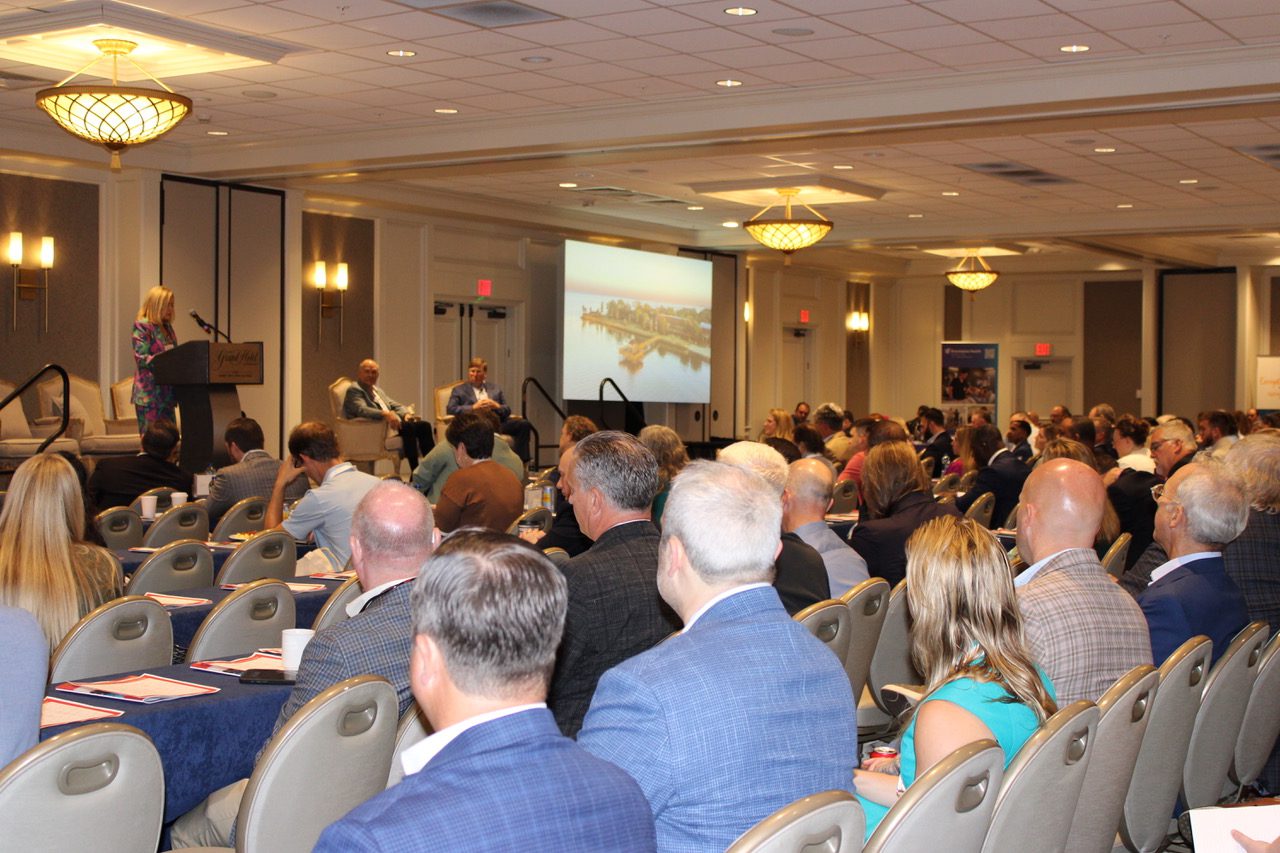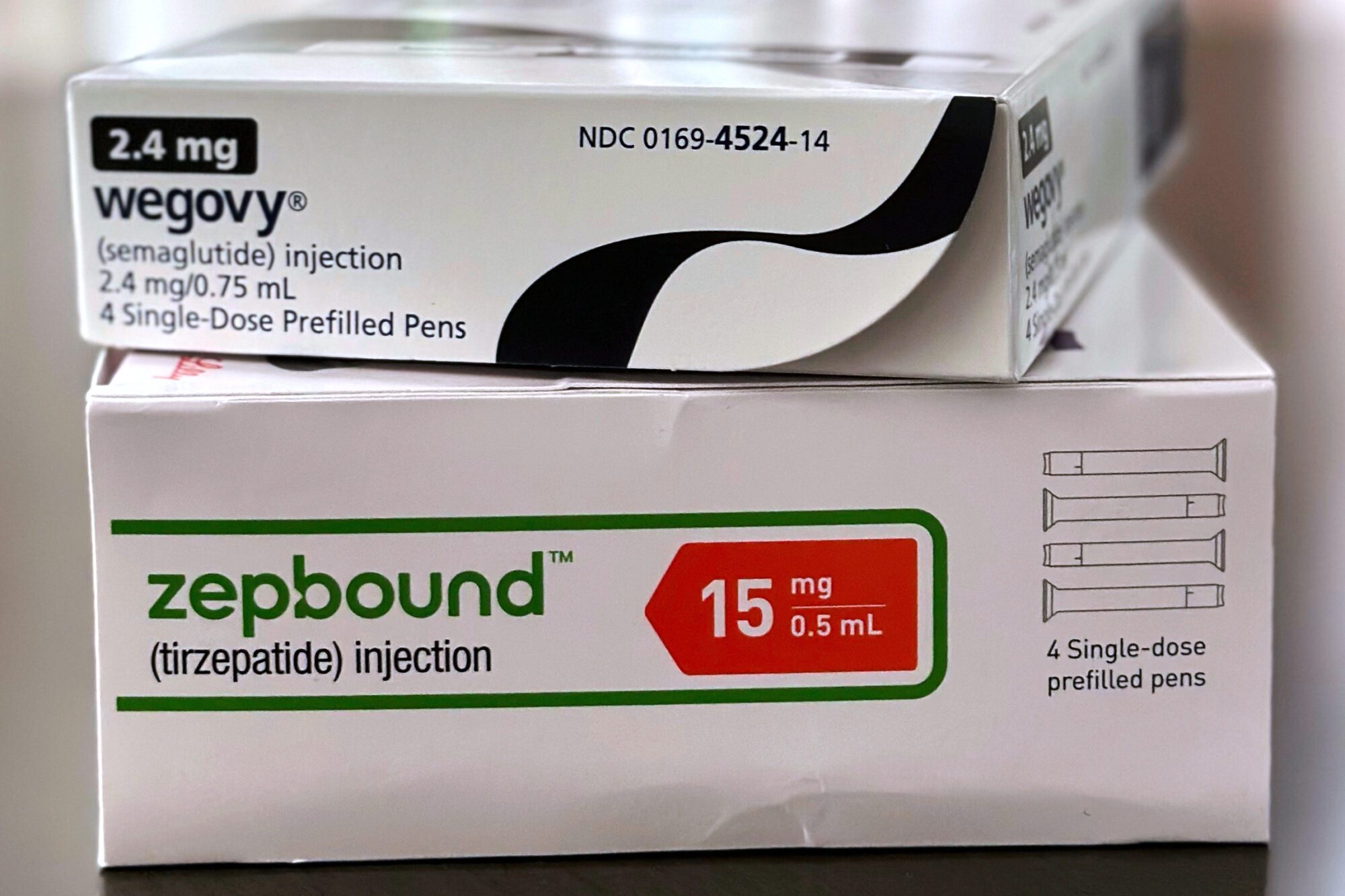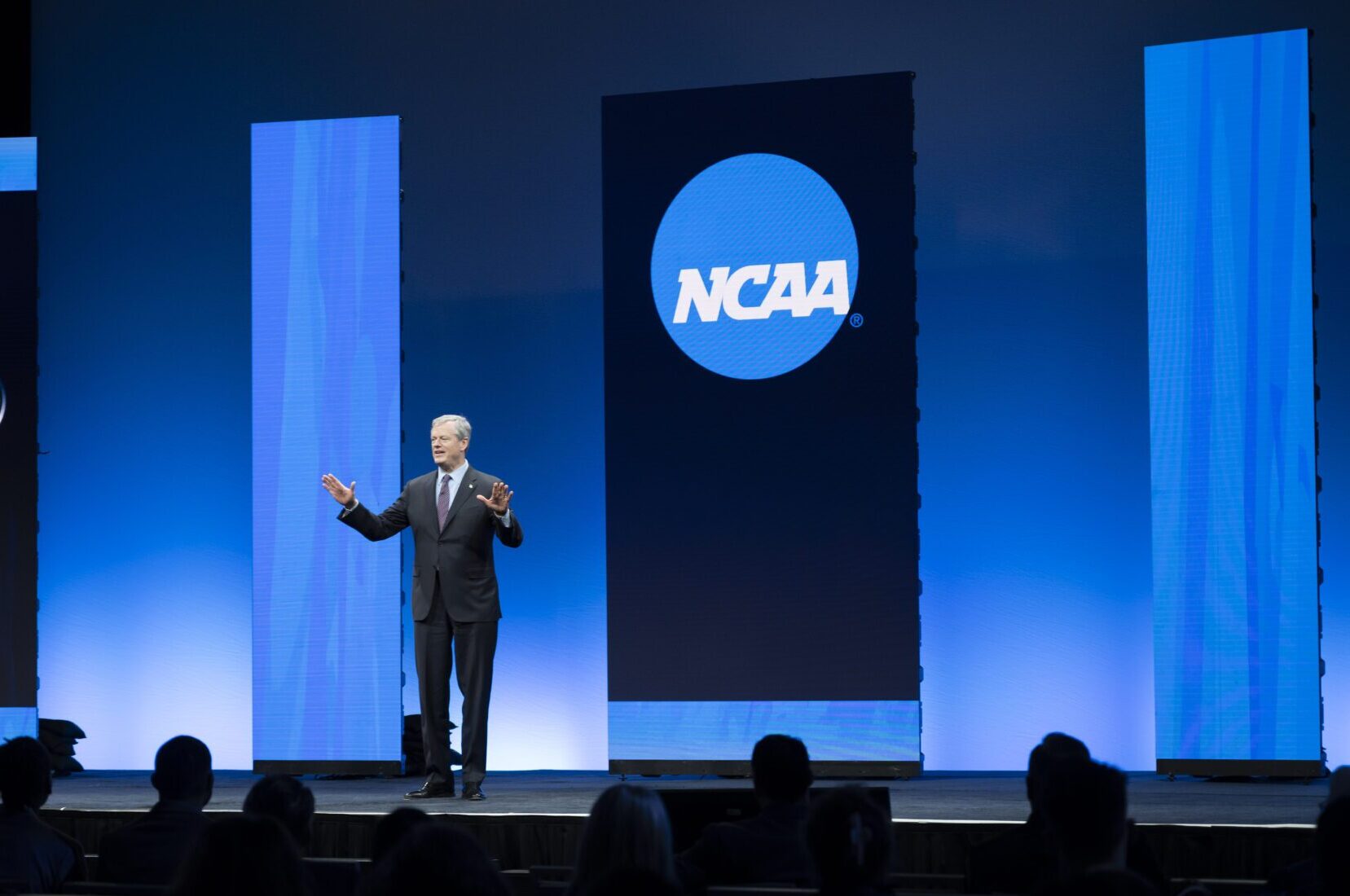Lottery is a new tax on false hope
The North American Association of State and Provincial Lotteries boasts that 27 cents of every $1 spent on lottery tickets goes back to the government. This payment is not to be confused with taxes generated from winnings. In other words, state-run lotteries impose a 27 percent tax on the mere act of purchasing a lottery ticket.
It is irrelevant that buying the ticket is voluntary. Taxes are imposed on all sorts of voluntary activities, ranging from using a phone to going to the movies. What is unique about a lottery is that it is a state-run monopoly on a nonessential service — very different from natural monopolies, like water and electricity provision, with high startup costs. The purpose of the lottery monopoly is not to provide for a public need or to protect the public welfare, but to generate revenue. It’s a tax.
Moreover, the lottery is a bad tax. It’s inefficient, with much higher administrative costs than other forms of taxation, and it encourages nonproductive, if not downright destructive, behavior.
Jameson Taylor
MCPP
Clarion Ledger
5/21/17






